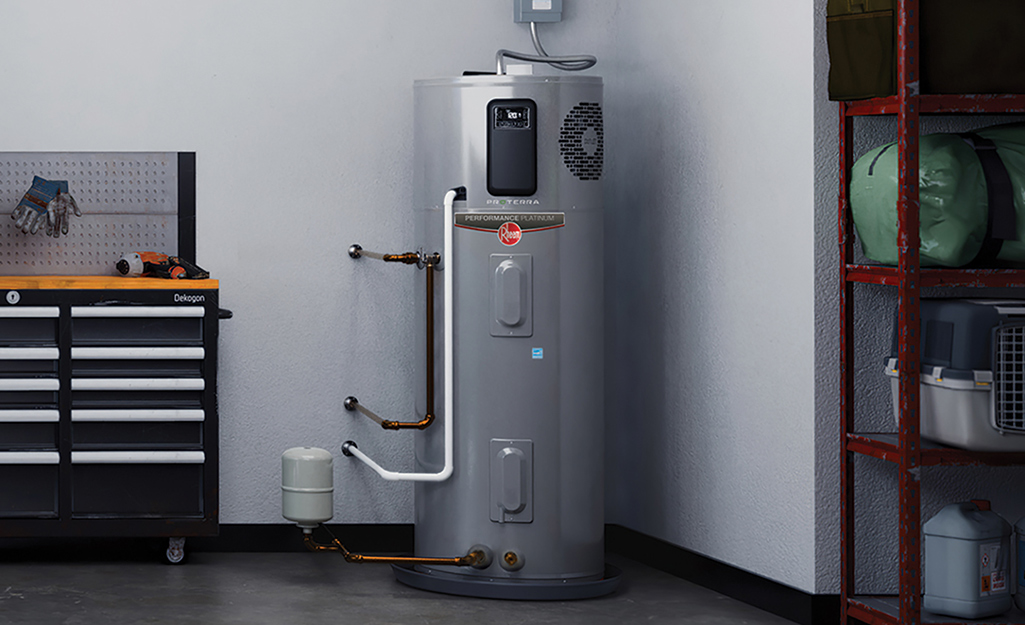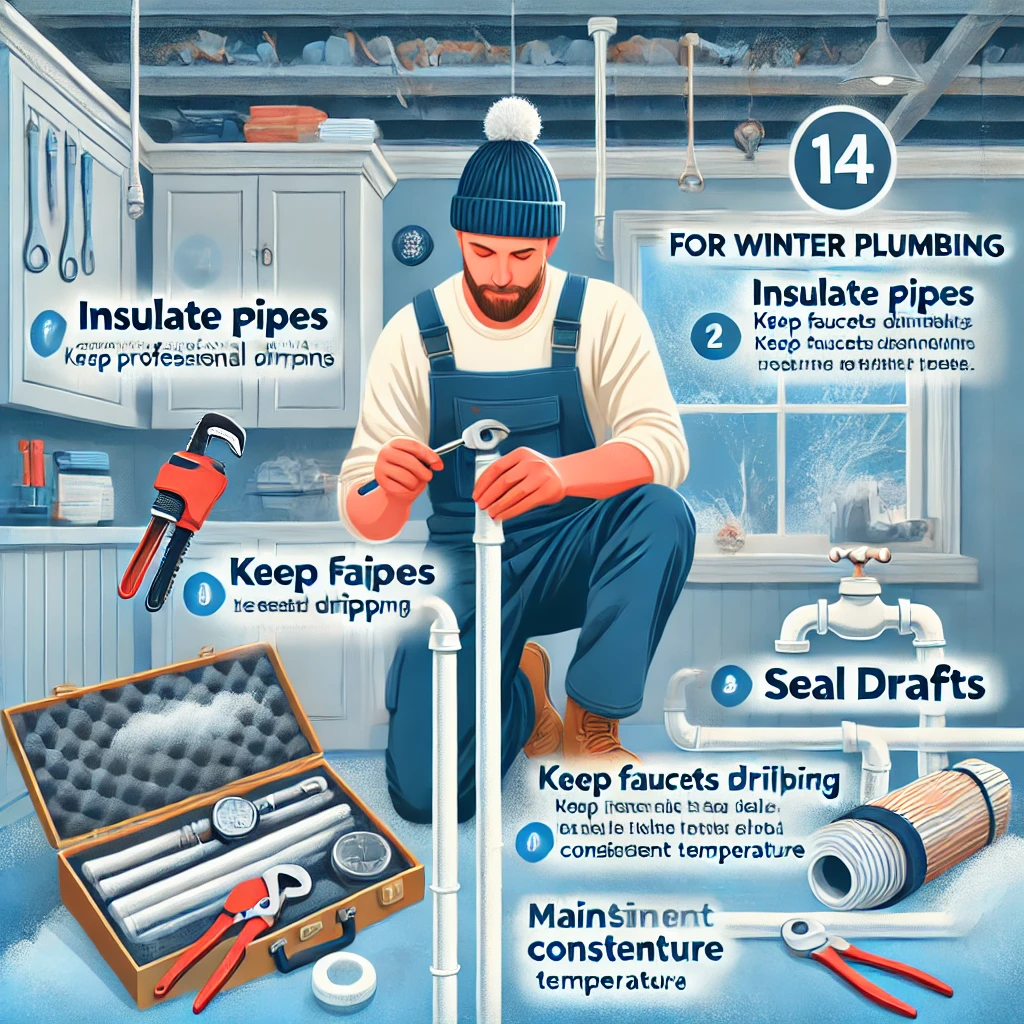Heating, Ventilation, and Air Conditioning (HVAC) systems are crucial in maintaining comfortable and healthy indoor environments. These systems are complex networks designed to control temperature, humidity, and air quality in both residential and commercial settings. This extensive guide will delve into the intricacies of HVAC systems, including their components, types, functionality, energy efficiency, maintenance, common issues, and future trends.
Understanding HVAC Systems
HVAC systems consist of various components that work together to heat, cool, and ventilate indoor spaces. They play a vital role in ensuring the comfort and well-being of inhabitants by regulating indoor climate and maintaining air quality.
Key Components of HVAC Systems
- Heating System: Typically includes a furnace or boiler that heats air or water.
- Cooling System: Comprises air conditioners that remove heat and humidity from the air.
- Ventilation System: Ensures a constant flow of fresh air and removal of stale air.
- Air Handling Units: Circulate and regulate air throughout the space.
- Ductwork: Channels that distribute air throughout the building.
- Thermostats and Controls: Devices that regulate the temperature and operation of the HVAC system.
Types of HVAC Systems
- Split Systems: Separate heating and cooling units for different areas.
- Hybrid Systems: Combine traditional HVAC with energy-efficient technology like heat pumps.
- Ductless Systems: Provide heating and cooling without the need for ductwork.
- Packaged Systems: Contain all components in a single unit, typically used in smaller spaces.
Functionality of HVAC Systems
HVAC systems function by circulating air through a series of processes that heat, cool, and filter it, maintaining a comfortable and healthy indoor atmosphere.
Energy Efficiency in HVAC Systems
Modern HVAC systems focus on energy efficiency to reduce operational costs and environmental impact:
- High-Efficiency Models: Utilize advanced technology to use less energy.
- Programmable Thermostats: Allow for better control of heating and cooling, reducing wasted energy.
- Regular Maintenance: Ensures systems are running at peak efficiency.
Maintenance of HVAC Systems
Regular maintenance is crucial for the longevity and efficiency of HVAC systems:
- Routine Inspections: Professional checks of all system components.
- Filter Replacement: Regular changing of air filters to maintain air quality and system efficiency.
- Duct Cleaning: Removing debris from ductwork to improve airflow and efficiency.
- System Tune-Ups: Professional servicing to optimize performance and prevent breakdowns.
Common Issues with HVAC Systems
Typical problems include:
- Inefficient Heating or Cooling: Often due to leaks, blockages, or mechanical issues.
- Poor Air Quality: Caused by dirty filters or ducts.
- Strange Noises: May indicate mechanical problems or blockages.
- High Energy Bills: Could be a sign of an inefficient or failing system.
Installation and Retrofitting
Proper installation and sizing are key to the effectiveness of an HVAC system. Retrofitting older buildings with new HVAC technology can significantly improve efficiency and comfort.
Indoor Air Quality and HVAC
HVAC systems play a crucial role in maintaining indoor air quality:
- Humidity Control: Prevents mold growth and improves comfort.
- Air Filtration: Removes pollutants and allergens from the air.
- Ventilation: Ensures a supply of fresh outdoor air to dilute indoor pollutants.
Smart HVAC Systems
The integration of smart technology in HVAC systems leads to improved efficiency and user control:
- Smart Thermostats: Allow for remote monitoring and control. (top 10 smart thermostats)
- Automated Sensors: Adjust settings based on occupancy and environmental conditions.
- Predictive Maintenance: Uses data analytics to predict and prevent system failures.
Environmental Considerations
The push for environmentally friendly HVAC systems includes:
- Use of Renewable Energy: Like solar-powered systems.
- Low-GWP Refrigerants: Reducing the global warming potential of cooling agents.
- Sustainable Practices: In manufacturing and installation processes.
Regulations and Compliance
HVAC systems must comply with local building codes and environmental regulations, which often dictate standards for energy efficiency, safety, and environmental impact.
The Future of HVAC Systems
Advancements in HVAC technology focus on:
- Greater Energy Efficiency: Continued development of systems that use less energy.
- Integration with IoT: Enhanced connectivity for smarter climate control.
- Green Technology: Emphasis on sustainable and eco-friendly solutions.
- Personalization: Systems tailored to individual preferences and behaviors.
Conclusion
HVAC systems are a fundamental aspect of modern infrastructure, vital for providing comfortable, healthy, and efficient indoor environments. The complexity of these systems demands a thorough understanding of their components, functionality, and maintenance requirements.
With advancements in technology, modern HVAC systems not only offer enhanced performance and energy efficiency but also contribute to environmental sustainability. Regular maintenance and awareness of common issues are crucial for ensuring the longevity and effectiveness of these systems.
Looking forward, the integration of smart technology and sustainable practices in HVAC design and operation will continue to evolve, shaping the future of indoor climate control and air quality management.
For homeowners and business operators, investing in a high-quality HVAC system means ensuring a comfortable, healthy, and cost-effective environment for years to come.






Leave a Reply